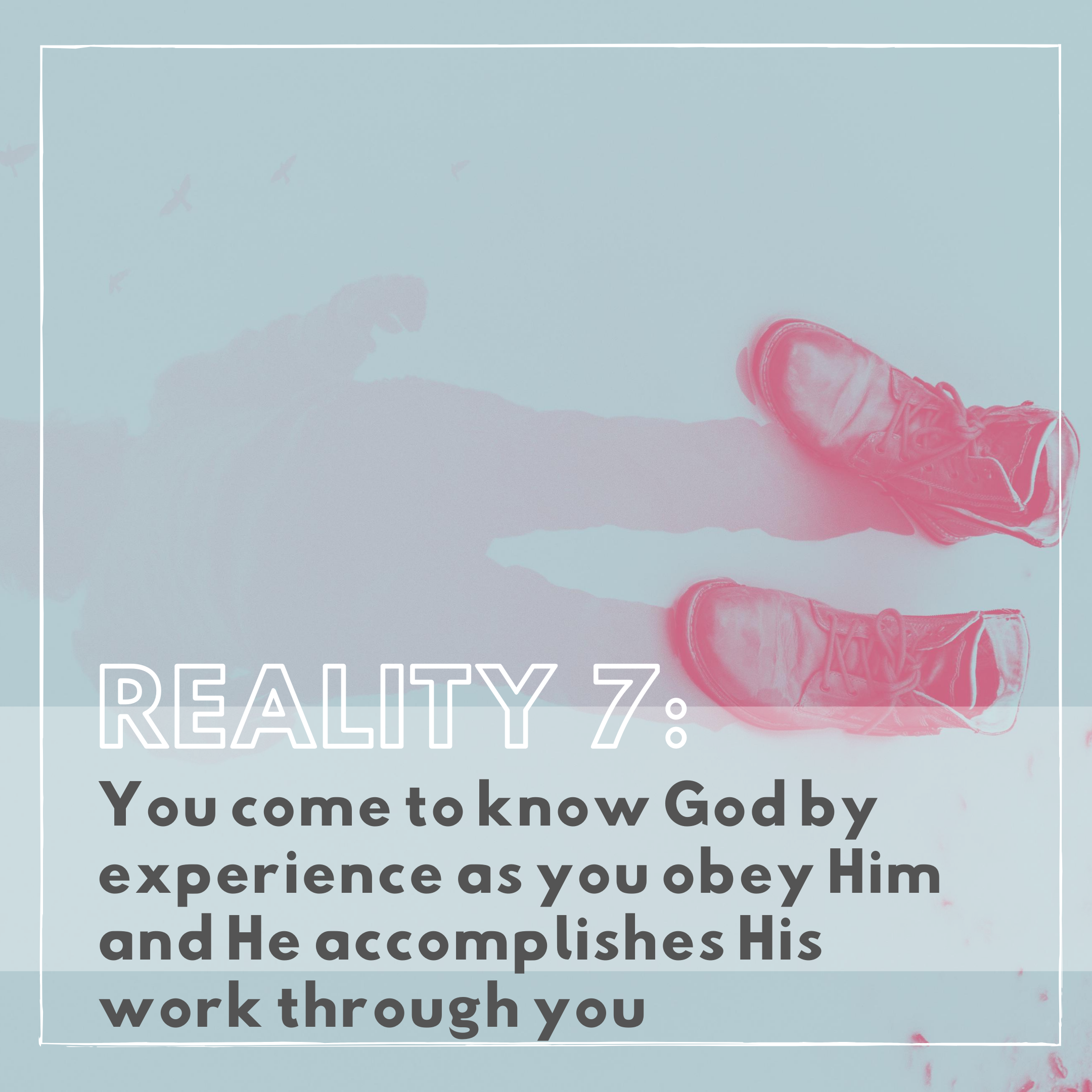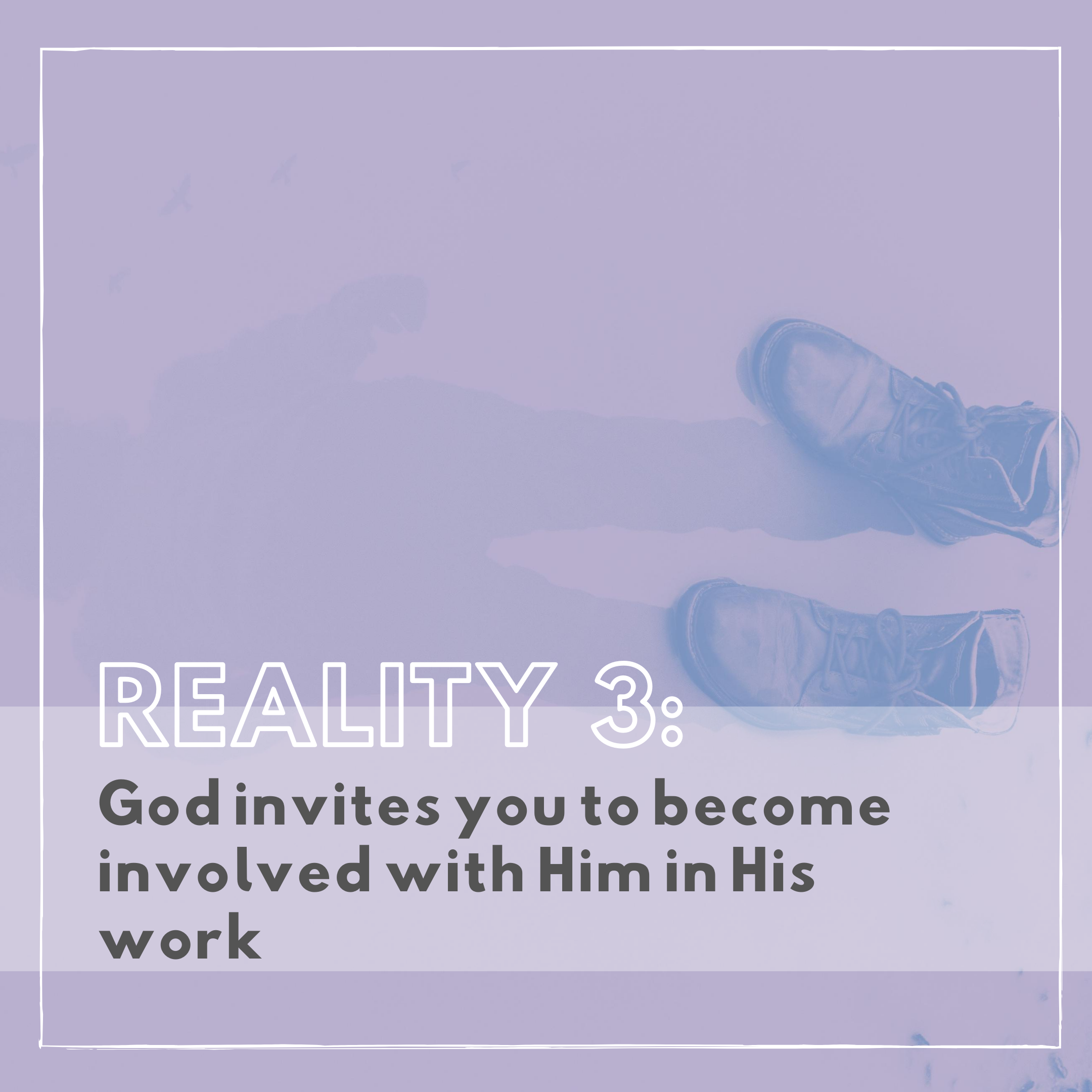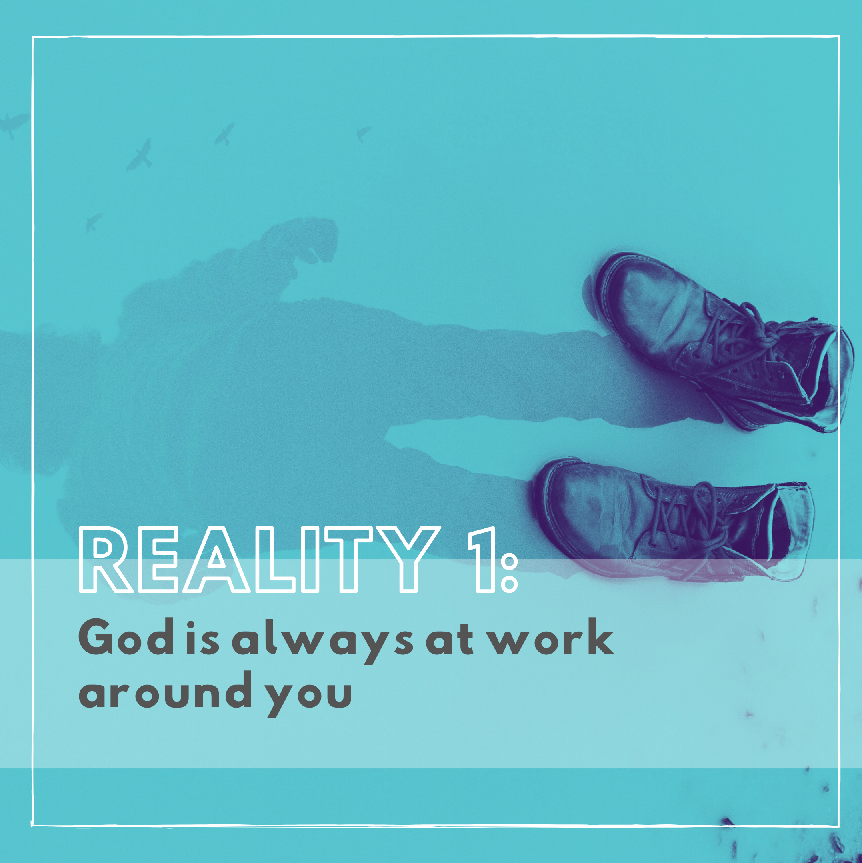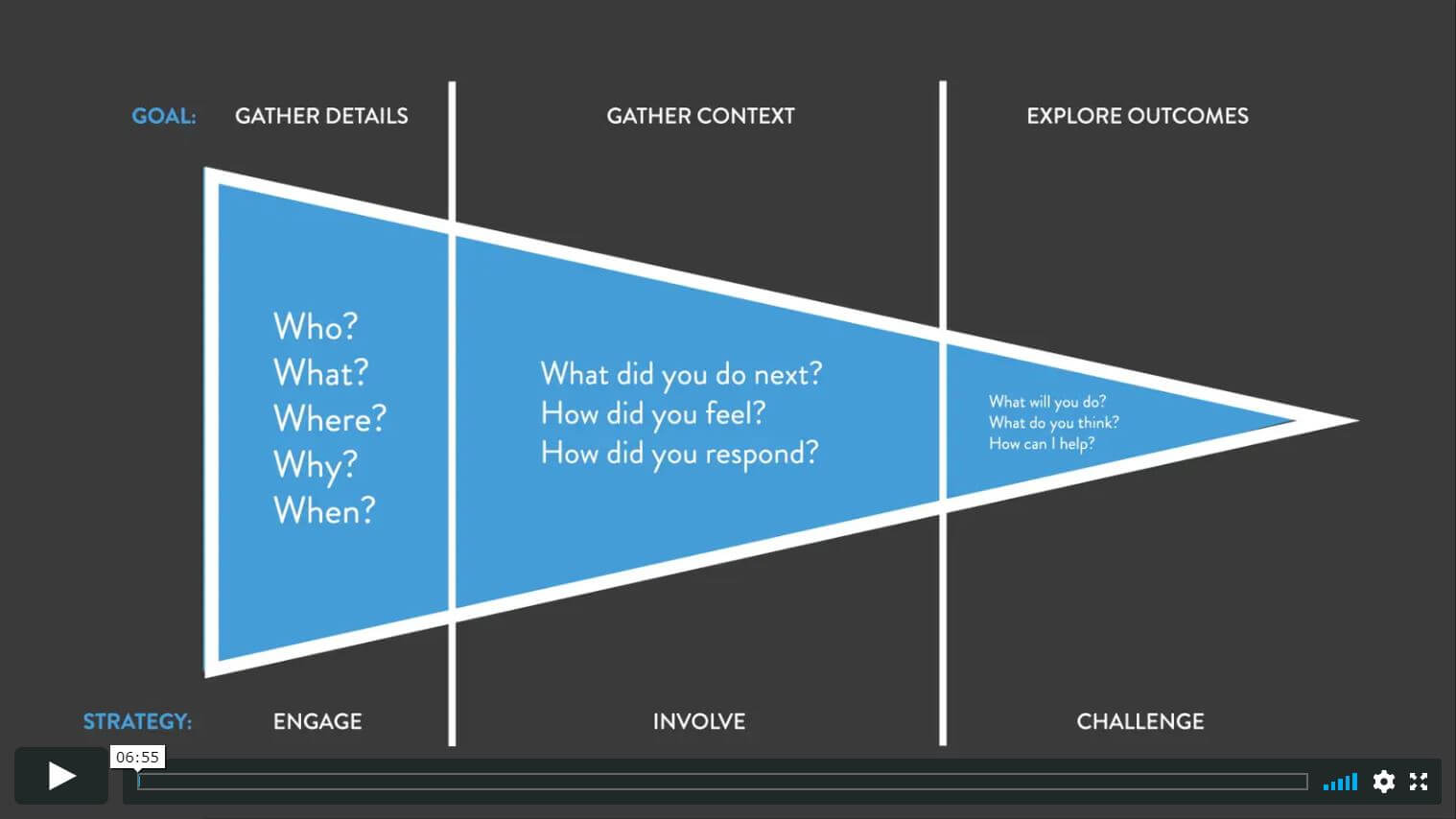Conversations that Matter
Conversations that Matter
Principals, Vice Principals, Teachers and Counsellors will all call upon the Chaplain to have a conversation with a student, parent or staff member:
“Can you meet with this particular student? Can you ‘have a chat’ with this particular parent?”
Having conversations with people (students, teachers, staff and parents) lies at the very heart of the role of the School Chaplain. Paul Barnwell points out that, “conversational competence may be the single most overlooked skill we fail to teach.”
We can all learn to communicate more effectively.
In this short (12min) TED talk (10 ways to have a better conversation), Celeste Headlee points out 10 basic rules of communication.

(Celeste Headlee is the author of ‘We Need to Talk: How to Have Conversations That Matter’)
Below is a synopsis of the 10 basic rules, but it is well watching the video also.
PRACTICAL STEP: Choose 1 or 2 points at a time and intentionally work on communicating more effectively. Ask someone you trust for feedback – possibly someone else in your Small Group.
- Don’t Multitask. Not just turning your phone off, but actually be present. Be in that moment. Don’t be thinking about other things. Don’t be half in the conversation and half out.
- Don’t pontificate. Enter every conversation assuming you have something to learn: “True listening requires a setting aside of one’s self” (M. Scott Peck). Sometimes that means setting aside your personal opinion: “Everyone you will ever meet knows something that you don’t” (Bill Nigh).
- Use open ended questions. Start your questions with: who, what, where, when, why, or how: “What was that like? How did that feel?”
- Go with the flow. Thoughts will come into your mind and you need to let them go out of your mind. Stories are going to come to you – you need to let them come and let them go.
- If you don’t know, say you don’t know.
- Don’t equate your experience with theirs. If they are talking about losing a family member, don’t talk about when you lost a family member. Your experience is NEVER the same; don’t talk about yours in response to others’. More importantly: it’s not about you.
- Try not to repeat yourself. It’s condescending and really boring.
- Stay out of the weeds. People don’t care about the year or the day of the week (the unimportant details). People don’t care about the details. What they care about is you.
- Listen. This is the most important one. If your mouth is open, you are not learning. Why do we not listen to one another? We would rather talk. If you can’t actually listen to someone, you are not having a conversation – you are two people talking at one another. “Most of us don’t listen with the intent to understand” (Stephen Covey). Listening is not waiting your turn to speak.
- Be brief. “A good conversation is like a mini skirt. Short enough to retain interest, but long enough to cover the subject” (unknown). Be interested in other people.

















